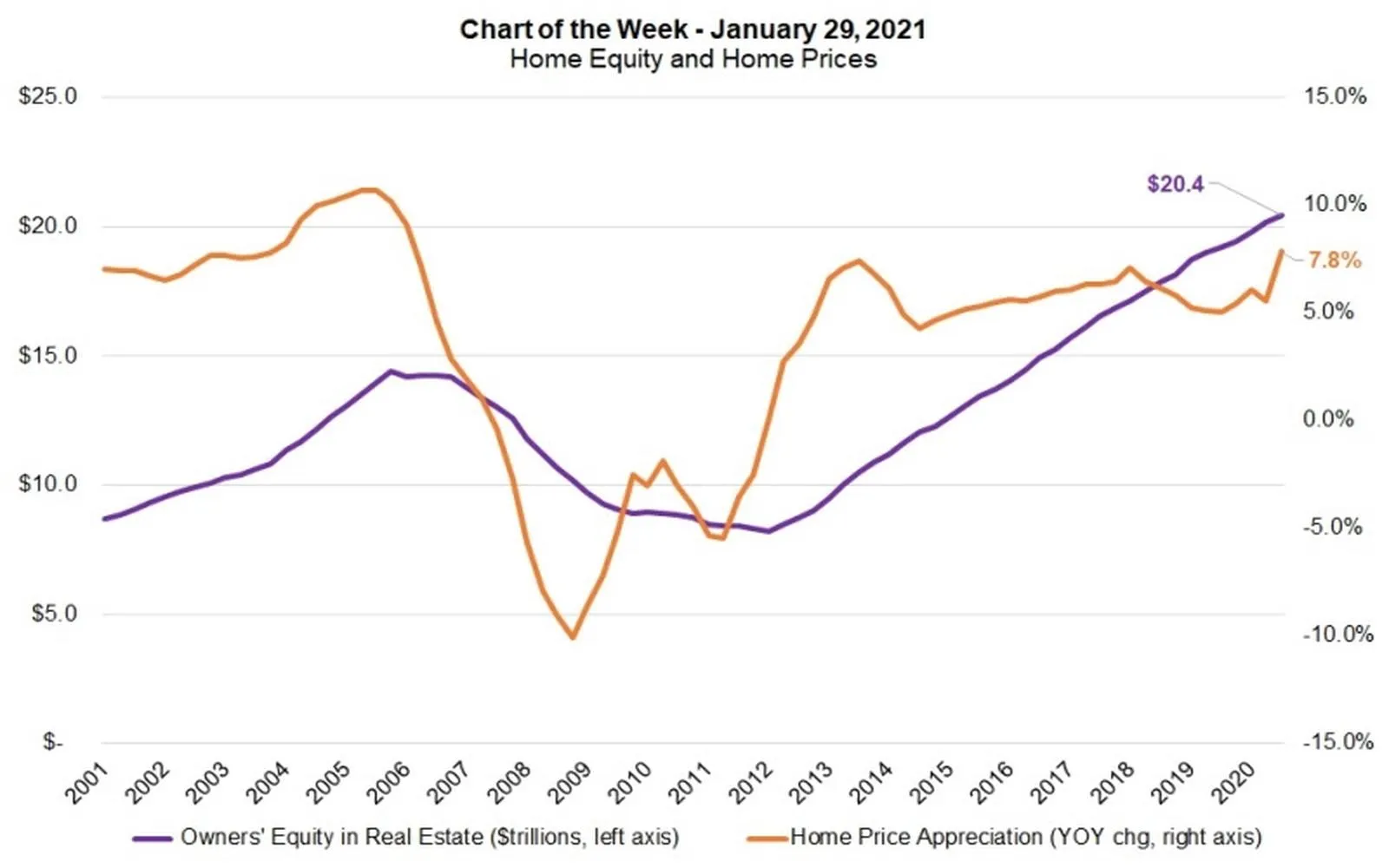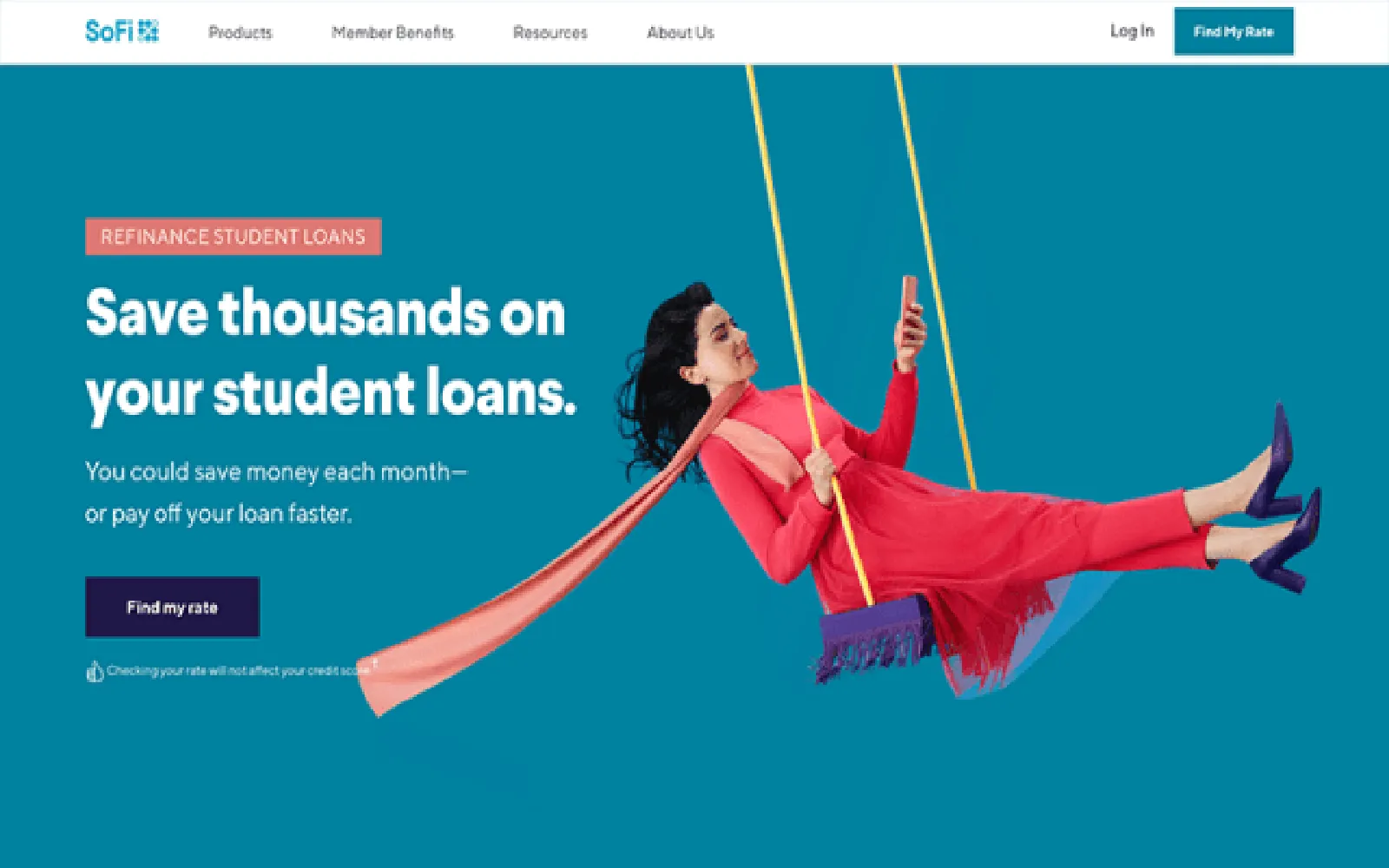When it comes to financing your education, understanding the various options available for student loans is crucial. With numerous lenders, interest rates, and repayment plans, choosing the right student loan can feel overwhelming. However, making an informed decision can unlock your potential for a successful academic journey. In this guide, we will explore the different types of student loans, factors to consider when choosing a loan, and some tips for managing your debt effectively.
Types of Student Loans
There are primarily two categories of student loans: federal student loans and private student loans. Each has its advantages and disadvantages, which can greatly influence your overall financial situation.
Federal Student Loans
Federal student loans are funded by the government and typically offer lower interest rates and flexible repayment options. Here are the main types of federal student loans:
- Direct Subsidized Loans: These loans are available to undergraduate students with demonstrated financial need. The government pays the interest while you are in school, which can save you money in the long run.
- Direct Unsubsidized Loans: Available to both undergraduate and graduate students, these loans do not require proof of financial need. Interest accrues while you are in school, so it's essential to consider this when borrowing.
- Direct PLUS Loans: These loans are for graduate students and parents of dependent undergraduate students. They have higher interest rates and require a credit check.
Private Student Loans
Private student loans are offered by banks, credit unions, and other financial institutions. They can be a good option if federal loans do not cover your costs, but they often come with less favorable terms:
- Variable Interest Rates: Private loans may offer lower initial interest rates, but they can fluctuate, potentially increasing your payments.
- Credit Requirement: Most private lenders require a good credit score or a cosigner, which can be a barrier for some students.
- Less Flexible Repayment Options: Unlike federal loans, private loans may not offer income-driven repayment plans or deferment options.
Factors to Consider When Choosing Student Loans
When selecting the right student loan, there are several critical factors to keep in mind:
Interest Rates
The interest rate on your student loans will significantly impact your overall repayment amount. Compare the interest rates of federal and private loans. Federal loans often have fixed rates, making them predictable and stable. In contrast, private loans may offer variable rates that can rise over time.
Loan Terms
Loan terms refer to the duration you have to repay your loan. Federal loans typically offer terms ranging from 10 to 30 years. Private loans may have varying terms, so be sure to review them carefully. A longer loan term may lower your monthly payments but can increase the total interest paid over the life of the loan.
Repayment Options
Different lenders provide various repayment options. Federal loans offer income-driven repayment plans, deferment, and forbearance. Assess the repayment flexibility of private loans, as they may have stricter terms. Understanding your potential repayment options can help you manage your finances better after graduation.
Loan Fees
Some loans come with origination fees, which can increase the overall cost of borrowing. Always check for any hidden fees associated with a loan, as they can significantly affect your total repayment amount.
Tips for Managing Student Loan Debt
Once you have chosen the right student loans, managing your debt effectively is vital for long-term financial health. Here are some tips to consider:
Budget Wisely
Create a budget that includes your loan payments, living expenses, and savings. This will help you stay on track and avoid unnecessary debt accumulation.
Make Payments While in School
If you can afford it, consider making interest payments while still in school, especially on unsubsidized loans. This will prevent interest from accruing and reduce your total loan balance.
Explore Loan Forgiveness Programs
If you work in a qualifying public service job, you may be eligible for loan forgiveness programs. Research whether your career path offers such benefits, as they can significantly ease your financial burden.
Conclusion
Choosing the right student loans is a critical step in financing your education and unlocking your potential. By understanding the different types of loans, comparing interest rates, and considering repayment options, you can make an informed decision that aligns with your financial goals. Remember to manage your debt wisely to pave the way for a successful and financially stable future.
For further assistance, consider consulting with a financial advisor or utilizing resources from your school's financial aid office. They can provide tailored advice to help you navigate the complexities of student loans and set you up for success.









